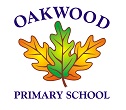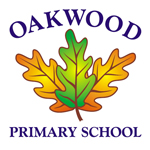Curriculum Overview
If you would like any further information about our curriculum at Oakwood, please contact your child's class teacher or the school office.
Curriculum Intent

At Oakwood it is understood that every educational setting has a set of unique factors. It is important to recognise all children have the potential to ‘achieve’ the best possible educational outcomes; ‘aspire’ to be the best they can as well as being effectively prepared for their future life. Oakwood Primary School draws children from a range of backgrounds and varied catchment. The intake is diverse and a large proportion of children are from deprived backgrounds; have special educational needs or English as an additional language. It is important that the school’s curriculum addresses these needs throughout its content and delivery.
The school follows the EYFS Framework and National Curriculum 2014 to provide the skeleton for the knowledge, skills and milestones that are delivered within the school. Using this framework the curriculum is tailored so its delivery meets the following seven statements of intent:
The curriculum intends to have relationships between staff, pupils and parents/carers at its heart:
We aim to build mutual respect and trust in order to give children the confidence to ‘Aspire & Achieve’.
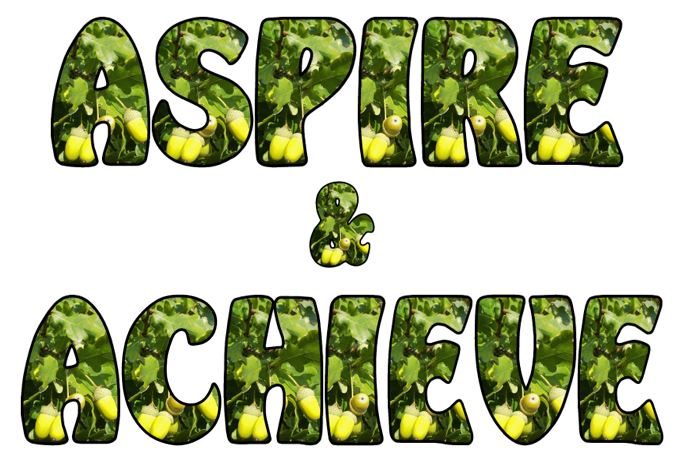
The curriculum intends to be experience based:
It is recognised that children start school with a wide range of different experiences. At Oakwood, there is a high proportion of disadvantaged pupils and as such the children often arrive at school with limited experiences and cultural capital. The curriculum is planned to extend and enhance these experiences. An in-depth knowledge of each child allows staff to plan individual programmes and experiences to fill in any gaps in developmental progress. Staff ensure children’s learning, where possible, is based on hands-on experiences; meeting visitors who can inspire children and visiting places of interest which ensure children have first-hand experiences.
The curriculum intends to raise self-esteem and self-confidence:
Throughout all aspects of school life staff promote a can-do attitude and celebrate the successes, resilience, perseverance and progress of all children. The curriculum is structured to provide the children with the opportunity to experience their full entitlement in a supportive environment that celebrates perseverance and resilience to challenge. Through high expectations we strive to raise aspirations and actively teach the children about the opportunities that exist in the wider world.
The curriculum focusses on the core skills of Reading, Writing and Maths:
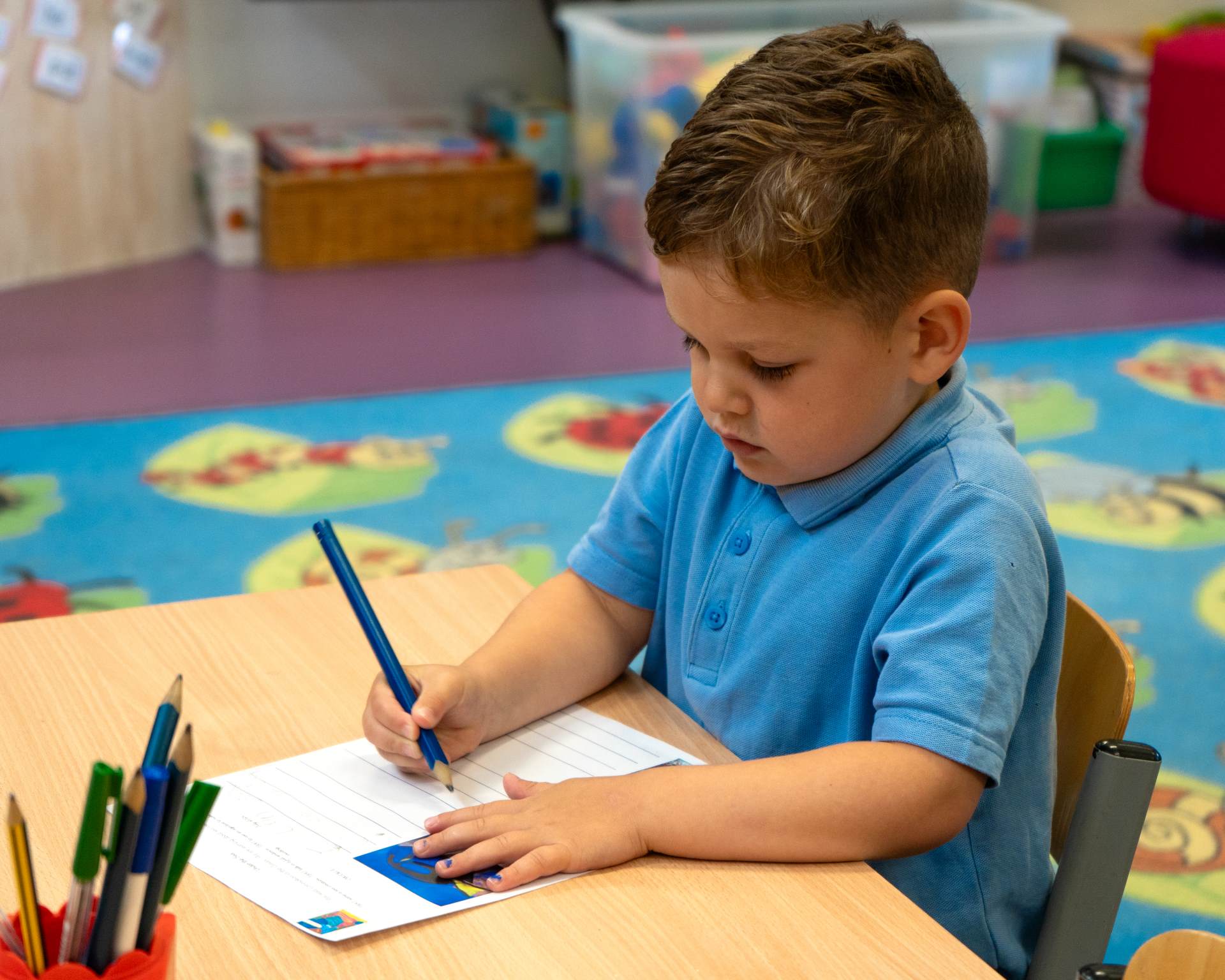
Staff recognise that for children to succeed beyond the classroom the skills of reading, writing and maths are crucial. Children start school with a range of levels of understanding and development for their age group. At Oakwood this starting level is predominantly well below the National average. The school sees primary education as a seven year journey and aims to ensure children achieve their full potential by the end of this period. The school recognises some children will need extra support in order to close these gaps. Staff work closely with parents and carers to help children succeed.
The curriculum has a clearly mapped out progression of skills and knowledge:
Staff recognise that in order for children to learn effectively, it is important that the taught curriculum is carefully mapped out. The 2-year rolling programme allows children to acquire and develop these skills, revisiting them and reinforcing them continually. This ensures that long term acquisition of skills and knowledge is embedded.
The curriculum is language rich:
Many children enter school with Speech and Language development below the expected level. As such staff tailor the curriculum to prioritise this aspect and utilise opportunities both within formal and informal learning. From the first weeks at Oakwood, children are encouraged to develop their speaking and listening skills through performance, stories, singing, rhymes and role play. Each lesson has a focus on developing core vocabulary and encourages children to apply this in their learning.
The curriculum intends to be fully inclusive:
Oakwood school recognises that it has a higher than average proportion of children with additional needs. As such staff consider carefully the design and delivery of the curriculum and ensure that all children are included.
Curriculum Implementation
The school utilises several published schemes to support the effective teaching of the National Curriculum across Key Stage 1 & 2. These provide a framework; ensure full curriculum coverage and support teachers with meeting the needs of all pupils. Staff are encouraged and supported to consider the school's Intent and the context of their class when using these schemes to develop a sequence of teaching.
- Little Wandle Phonics is our chosen synthetic phonics program.
- White Rose Maths provides the planning and resources to support the teaching of maths
- Literacy Shed provide the resources that support the teaching of Reading & Writing
- Kapow schemes of work provide resources to teach History / Geography / Music / Art / DT / MFL / Science / PSHE
- Getset for PE provides the planning for PE
- Teach Computing provides the planning for Computing
- Gloucestershire Syllabus for Religious Education
The curriculum intends to have relationships between staff, pupils and parents/carers at its heart:
The school has taken on principles from restorative/relational practice. Through these staff look to build strong relationships based on mutual respect. Children are encouraged to take risks in their work and not develop a fear of failure. Mistakes are seen as opportunities to learn from. At all stages we look to work closely with parents and encourage them to be involved in their children’s learning.
The curriculum intends to be experience based:
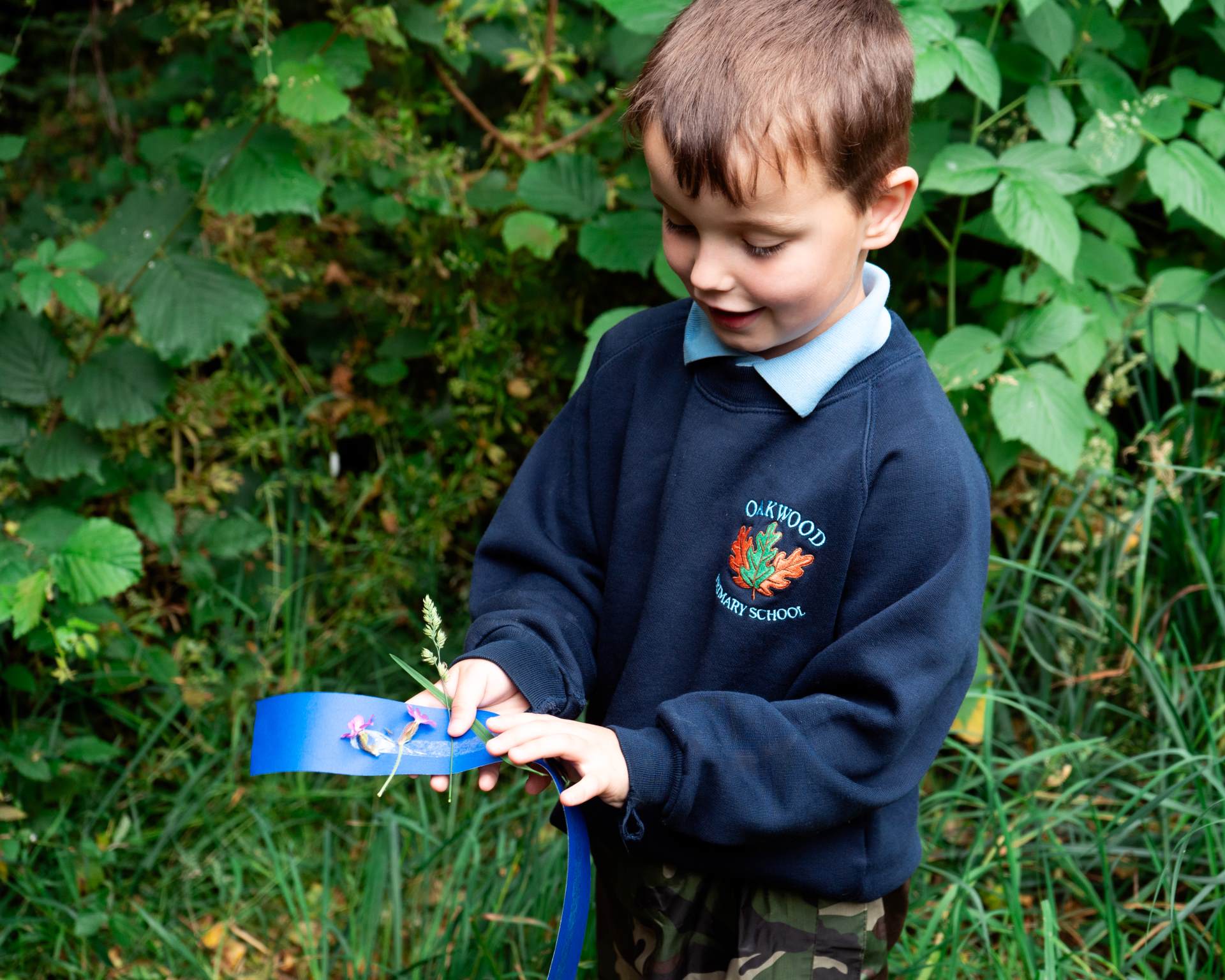
The curriculum provides a wide range of experience based opportunities for children to draw upon in their work these involve a range of visitors/trips and experiences in the classroom.
The teachers also use the local area as a resource for learning in many topic areas; including visits to the library and local park.
Whenever possible hands-on activities are planned to allow children to really experience learning in a way that is exciting and engaging.
Children present their learning in different ways, including through performance, role play and drama. From Reception they are given the opportunity to share and talk about their work regularly.
The curriculum raises self-esteem and self-confidence:
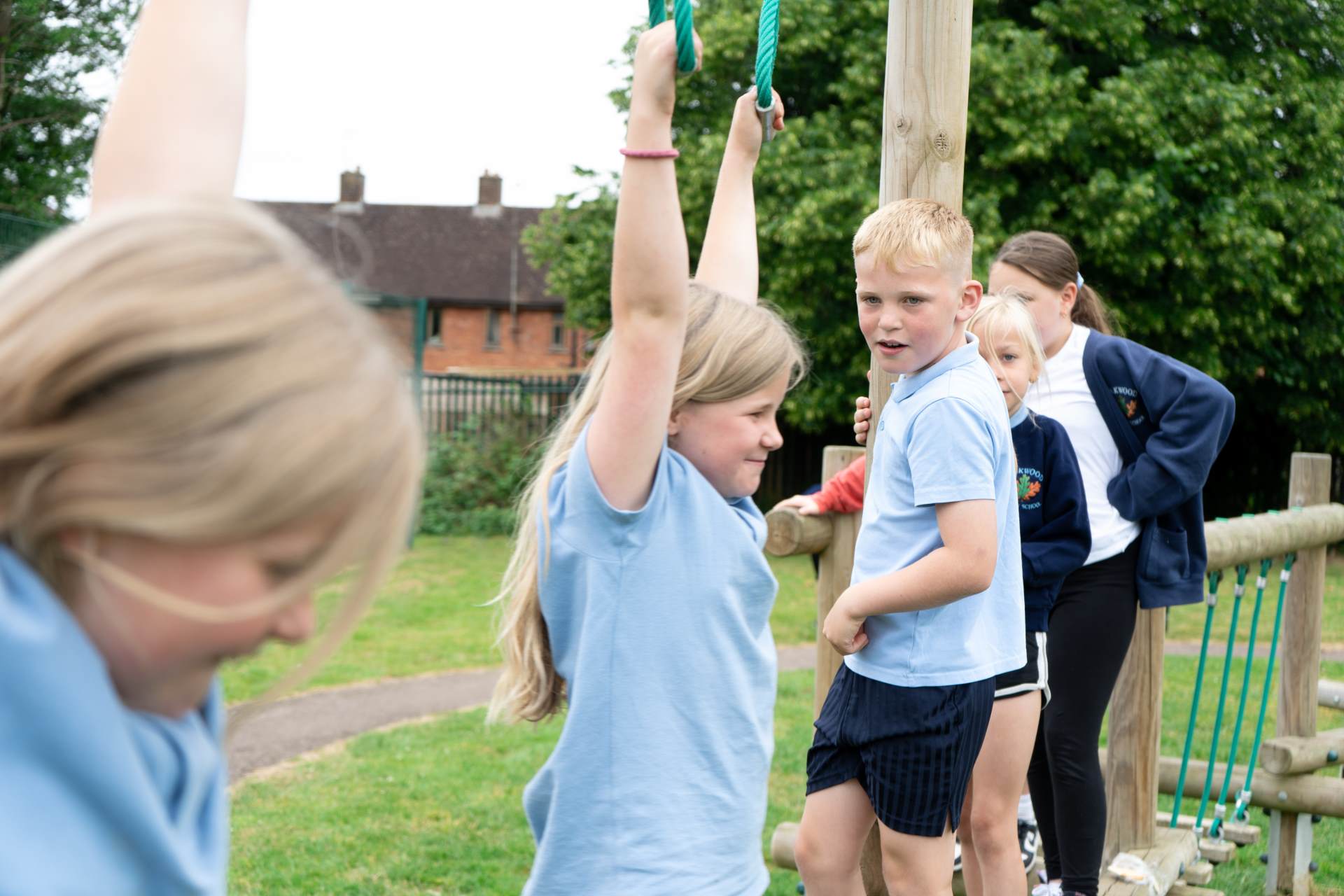
The values of perseverance and resilience are celebrated in class as they directly impact on children’s self-esteem and confidence. The school has a ‘You-can’ attitude in all areas and the children are encouraged to ‘give it a go’ in all aspects of their learning. The school has a culture of celebrating success and effort and has regular opportunities to publicly celebrate all children’s learning with each other, within classes and with the local community.
The curriculum focusses on the core skills of Reading, Writing and Maths:
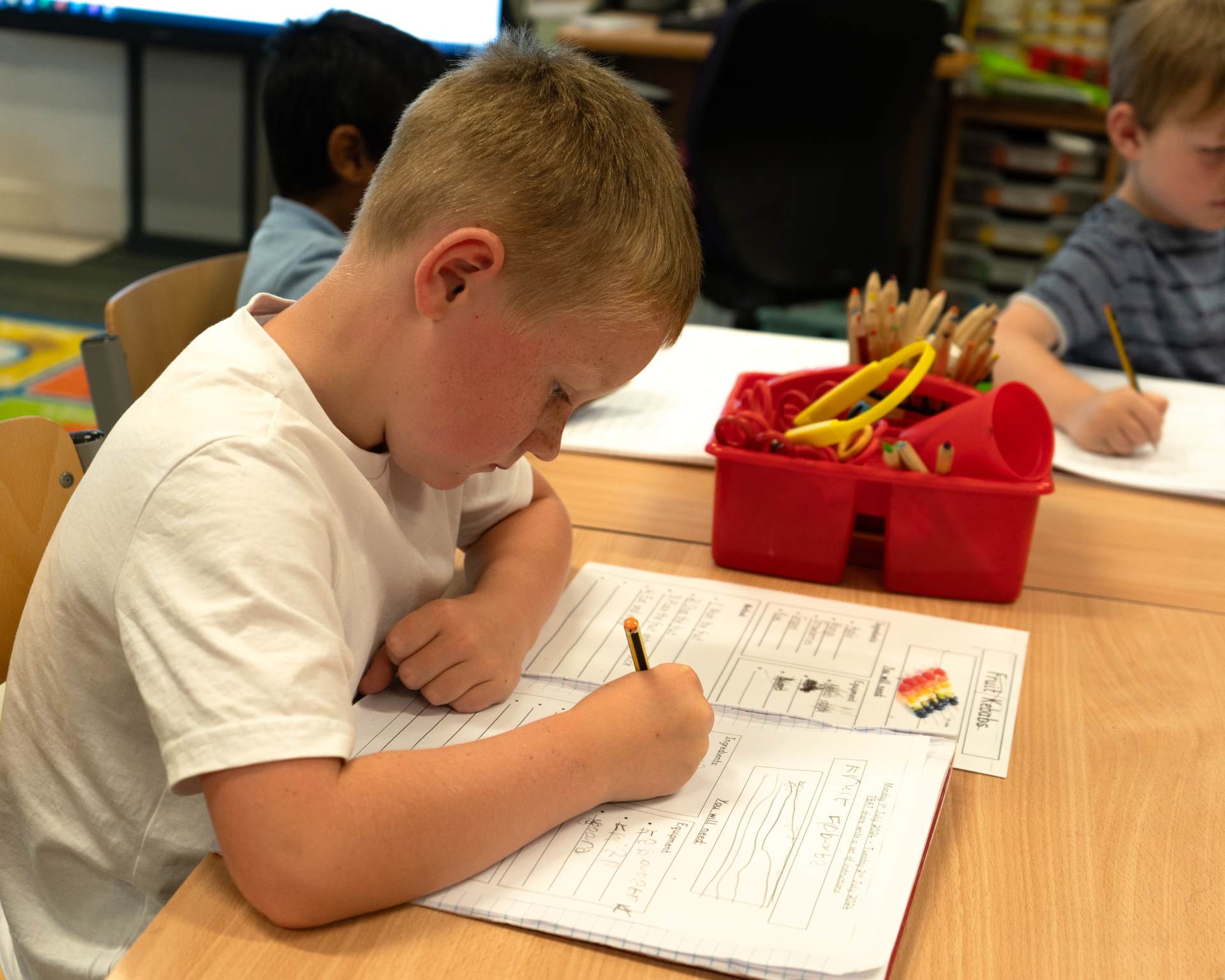
Reading
At Oakwood there is a strong culture of reading throughout the school. In EYFS and KS1 children read to an adult regularly – regular volunteers visit the school to aid with this. In KS2, children are given opportunities to develop their reading skills on a regular basis through our whole class reading sessions, and some children are heard by an adult on a more regular basis according to need and ability. Class novel time is prioritised within the school day. Stories are read to the children daily in all classes. This includes longer texts in KS2 and picture books/shorter novels in EYFS/KS1. Children are signposted to reading so that they are aware of and can make informed choices.
Phonics learning takes place daily in EYFS/KS1 and is supported by closely matched reading books and word games which are sent home. The school follows the Little Wandle scheme.
The school works closely with parents and carers to provide a consistent and sustained approach to reading, including a reading meeting, reading diaries and an open door policy with class teachers.
Model guided reading sessions take place three times a week in KS1 and KS2. These sessions allow children to learn and apply the skills needed to interpret texts. The EEF ‘Developing Literacy in KS1/2’ guidance has informed the teaching of Guided reading. The school has adopted the VIPERS model to share this with children and this is done using recommended age-appropriate texts. These sessions involve a focus on vocabulary; reading for meaning and fluency.
Writing
The school has a programme of writing which covers a range of genres. The children are given the opportunity to study different high-quality texts, learn the features and produce their own pieces. These are shown in specific writing books, topic work and published in class writing books. The school utilises the ‘Talk for Writing’ approach to underpin its writing process and this helps support children with the process of understanding, shaping and developing writing.
Children are encouraged to use their phonic knowledge, grammatical knowledge and wide range of vocabulary to produce writing of a high standard. They are expected to read and edit their own work at age-appropriate levels.
Children are taught to join-up their writing in year 1. From year 2 onwards they are expected to present their writing in a neat, legible form with dates and titles underlined.
Maths
The principles behind mastery maths have been adopted across the school. The school has worked with the Balcarras teaching school to develop an understanding and implement the principles of mastery teaching. The school utilises the White Rose Maths resources to ensure a progressive; well-structured; age-appropriate and coherent curriculum is delivered across all classes. There is an additional focus on core skills linked to arithmetic which are taught explicitly three times a week.
Children are expected to present their work in a clear, legible and logical form that they can use to check calculations.
The curriculum has a clearly mapped out progression of skills and knowledge:
The school has mapped out skills and knowledge across all curriculum areas to ensure that children achieve full coverage of the National Curriculum and also are challenged at an age-appropriate level. Knowledge is taught on a 2 year rolling cycle and skills are developed incrementally over the period spent within a learning phase. Children are continuously challenged to learn and progress utilising skills from within the phase they are currently in; furthermore, children that find learning more difficult can be supported and work alongside others that are learning less complex skills. The teaching allows children to consolidate where necessary and aspire to achieve more wherever possible. Teachers strive to ensure that all children are working at age related expectations.
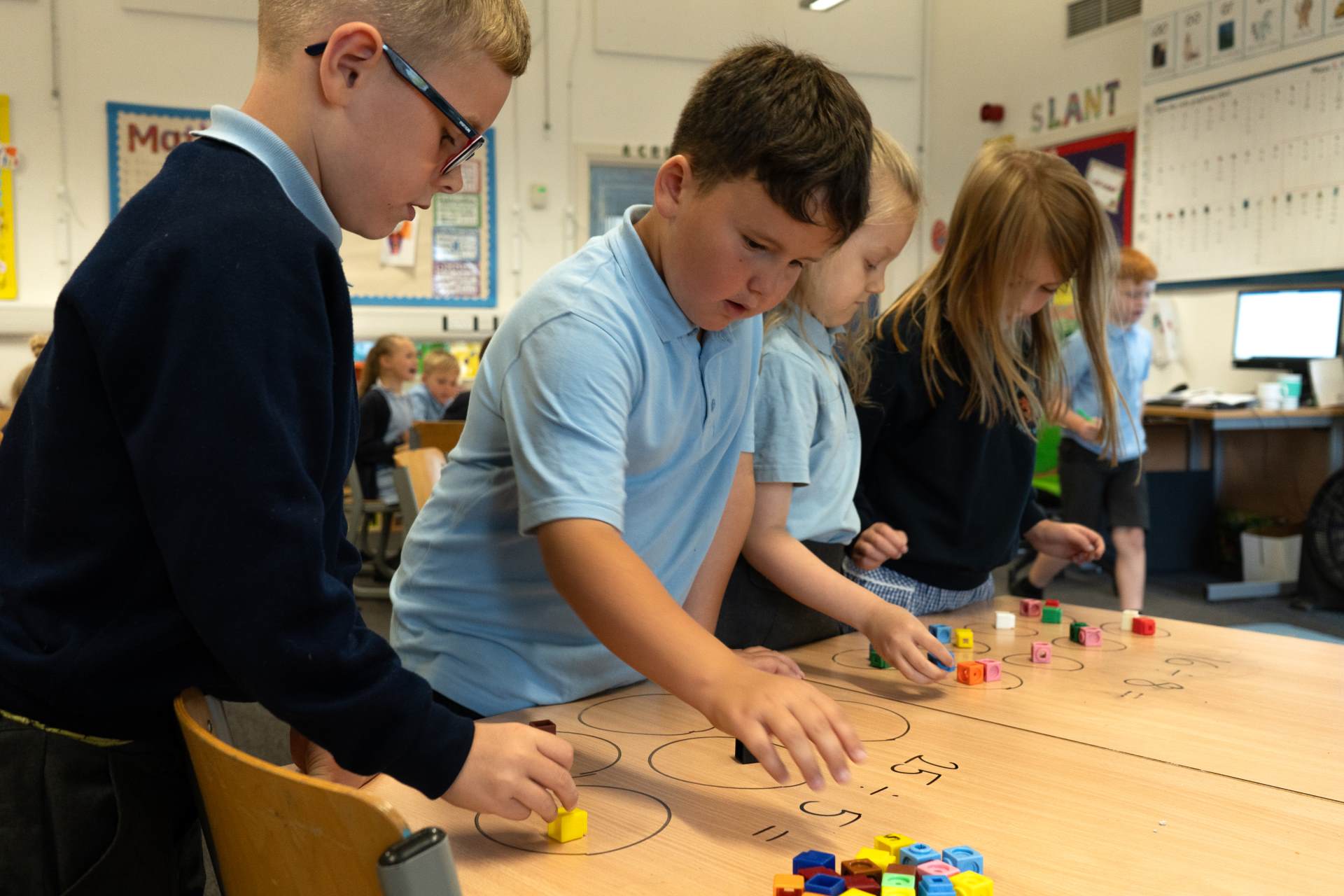
The curriculum is language rich:
Lessons are designed to allow children to practice and develop their speech and language skills. Regular opportunities are made for them to speak in front of an audience and discuss their work with peers. All staff model good speech and children are expected to respond in full sentences where appropriate.
Vocabulary is prioritised in all lessons and there is a weekly focus on establishing and immersing children in new vocabulary through reading; modelling and topic style teaching. Environments are language rich; stem sentences are used to clarify understanding and curriculum map out the key vocabulary that we feel is important to learning.
Furthermore, social language is modelled, particularly through our restorative approach, so that children are able to develop this crucial skill in resolving conflict.
The curriculum intends to be fully inclusive:
The school looks to employ innovative approaches to meeting the needs of the wide range of need within our setting. Parent support advisors; pupil support advisors; Young Minds Matter Status and many other strategies are employed to ensure that our children and families receive the support they need as soon as possible. Teachers work hard to tailor learning to the needs of the individual and recognise that each child is unique. Plans are adapted to meet individual needs; keep up strategies are employed where possible and catch-up interventions used when necessary.
Curriculum Impact
The impact of the teaching and learning at Oakwood is that the children move on to the next stage of their learning as confident, enthusiastic and knowledgeable students. Links are still maintained with many previous learners who have demonstrated that foundations built at Oakwood have helped them succeed. The school retains a unique character that celebrates and maximises the benefits of a large school in a diverse community that faces many challenges.
Subject Curriculum at OakwoodYear Group Curriculum Information
